Imagine a wish-granting machine that can diagnose diseases, write symphonies, and even translate languages in real time. That’s the potential of Artificial Intelligence (AI).
But like any good genie story, there’s a twist. AI’s power can be a double-edged sword, promising efficiency and progress while raising concerns about ethics and control.
This blog is your portal into the fascinating world of AI. We’ll explore the incredible feats AI can achieve, from revolutionizing industries to personalizing your daily life.
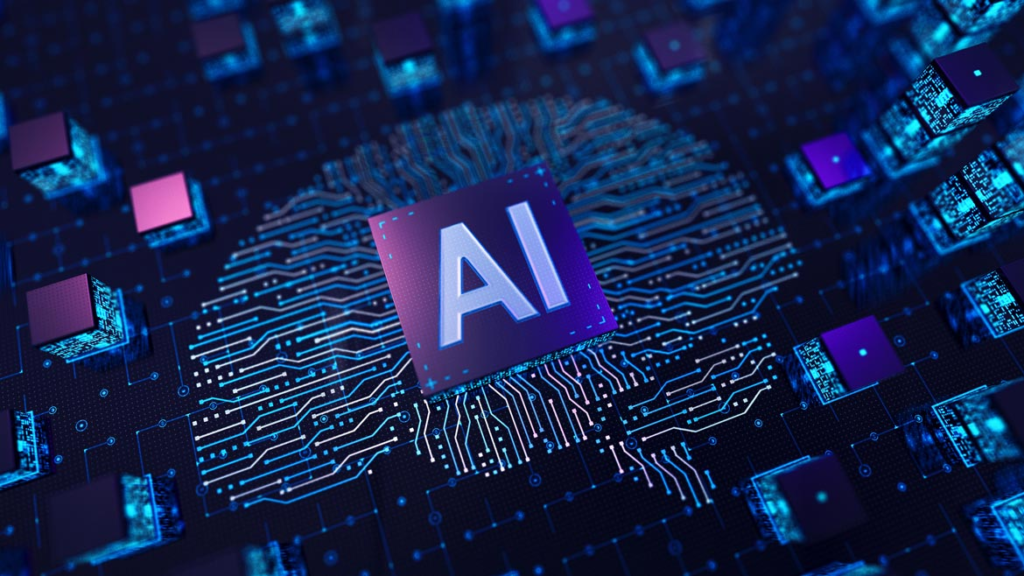
But we won’t sugarcoat the challenges.
We’ll delve into the ethical considerations, the potential risks, and how to ensure Artificial Intelligence serves humanity, not the other way around.
Let’s get a good look at both sides of the coin as you read along:
The Rise of Artificial Intelligence
Historical Context
Artificial Intelligence journey began in the mid-20th century with the advent of computers capable of performing tasks that required human intelligence. Pioneers like Alan Turing and John McCarthy laid the groundwork, envisioning machines that could mimic human cognitive processes. Over the decades, AI has evolved from simple machine learning algorithms to complex neural networks capable of deep learning.
Modern AI
Today’s Artificial Intelligence encompasses a range of technologies, including machine learning, natural language processing, computer vision, and robotics. These technologies enable machines to learn from data, recognize patterns, make decisions, and even understand human language. The integration of AI into various sectors has led to significant advancements, but it has also raised critical ethical and practical concerns.
Read More: How Online Food Delivery Is Changing Food Habits in India
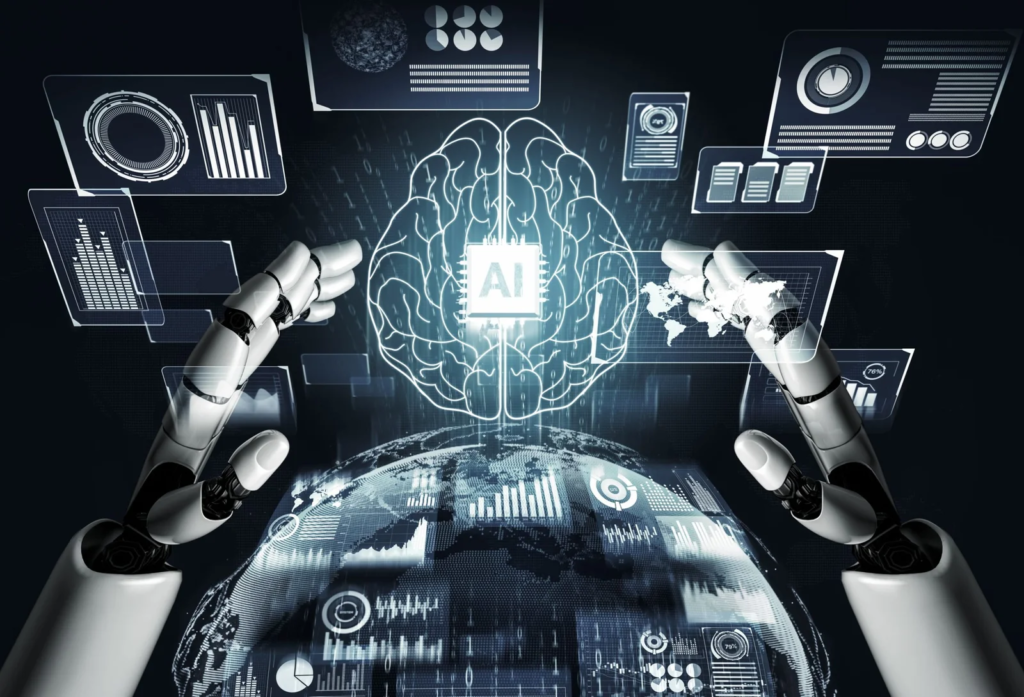
What Are the Benefits of ArtificiaI Intelligence?
Enhancing Efficiency and Productivity
Artificial Intelligence ability to analyze vast amounts of data quickly and accurately has revolutionized industries. In manufacturing, AI-driven automation streamlines production processes reduces errors, and increases efficiency. In healthcare, AI assists in diagnosing diseases, personalizing treatment plans, and predicting patient outcomes.

Advancing Scientific Research
AI accelerates scientific discovery by processing complex datasets that would take humans years to analyze. In fields like genomics, Artificial Intelligence helps identify genetic markers for diseases, paving the way for personalized medicine. In climate science, AI models predict weather patterns and assess the impact of climate change with greater precision.
Improving Daily Life
AI has become an integral part of our daily lives, from virtual assistants like Siri and Alexa to recommendation algorithms on streaming services. Artificial Intelligence-powered applications enhance convenience, provide personalized experiences, and simplify tasks, making everyday activities more manageable.
What Is the Dark Side of AI?
Ethical Concerns
- Bias and Discrimination: Artificial Intelligence systems can perpetuate and even exacerbate existing biases present in their training data. This can lead to discriminatory practices in areas such as hiring, law enforcement, and lending.
- Privacy Issues: Artificial Intelligence ability to collect and analyze personal data raises significant privacy concerns. The misuse of this data can lead to unauthorized surveillance, identity theft, and loss of individual autonomy.
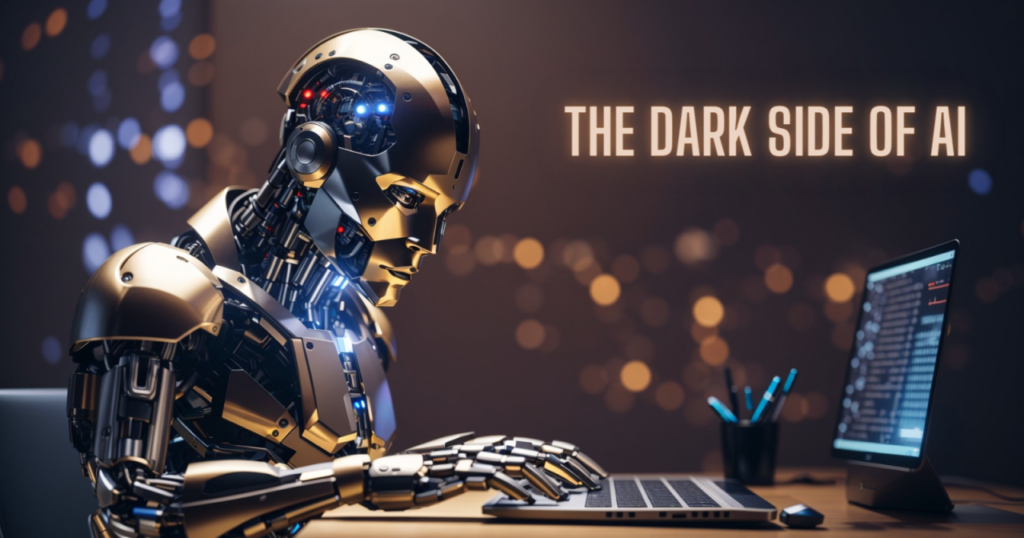
- Lack of Accountability: Determining responsibility for Artificial Intelligence-driven decisions is complex. When an AI system makes a mistake, it can be challenging to pinpoint whether the fault lies with the algorithm, the data, or the human operators.
Economic Disruption
- Job Displacement: Automation driven by Artificial Intelligence threatens to displace millions of jobs, particularly in sectors like manufacturing, retail, and transportation. While new jobs may be created, the transition period can lead to significant economic and social upheaval.
- Income Inequality: The benefits of AI are often concentrated among those with the skills to develop and implement these technologies. This can widen the gap between high-income and low-income individuals, exacerbating social inequality.

Security Risks
- Cybersecurity Threats: Artificial Intelligence can be used to enhance cyberattacks, making them more sophisticated and difficult to detect. This poses significant risks to national security, financial systems, and personal information.
- Autonomous Weapons: The development of Artificial Intelligence-driven autonomous weapons raises ethical and security concerns. These weapons can make decisions without human intervention, potentially leading to unintended and catastrophic consequences.
Read More: 20 Famous Bollywood Love Stories That Met A Tragic End
A View at AI in Different Sectors
Healthcare
Artificial Intelligence role in healthcare is transformative, offering significant benefits such as improved diagnostics, personalized treatment plans, and efficient administrative processes. However, it also raises concerns about data privacy, the potential for algorithmic bias in medical decision-making, and the need for regulatory oversight.
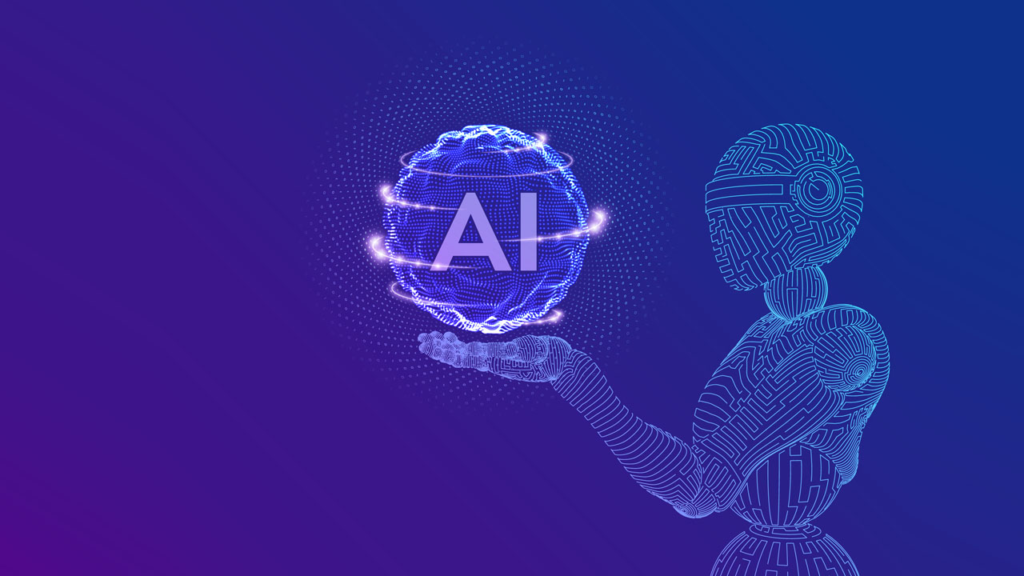
Finance
In finance, AI enhances fraud detection, optimizes trading strategies, and provides personalized financial advice. Yet, the reliance on Artificial Intelligence in this sector also poses risks, including the potential for market manipulation, data breaches, and the ethical implications of algorithmic decision-making.
Education
Artificial Intelligence in education offers personalized learning experiences, automates administrative tasks, and provides insights into student performance. However, it also raises concerns about data privacy, the potential for biased educational outcomes, and the digital divide between those with and without access to AI-driven tools.
Transportation
AI-driven autonomous vehicles promise to revolutionize transportation by reducing accidents, improving traffic flow, and increasing accessibility. However, the development and deployment of these technologies face challenges related to safety, regulatory approval, and public acceptance.
The Ethical Dilemma
The Need for Regulation
The rapid advancement of AI necessitates comprehensive regulatory frameworks to address ethical, legal, and social implications. Policymakers must balance innovation with the need to protect public interest, ensuring that AI development aligns with societal values.

The Role of Human Oversight
Ensuring that AI systems operate ethically and transparently requires human oversight. This involves developing ethical guidelines for AI development, establishing accountability mechanisms, and promoting transparency in AI decision-making processes.
Fostering Public Trust
Building public trust in AI is crucial for its acceptance and integration into society. This requires transparent communication about the benefits and risks of AI, as well as efforts to address public concerns about privacy, security, and ethical implications.
Read More: What Is The Shape of Dreams: Google’s Revolutionary Project
What is the Future of Artificial Intelligence (AI)?
Responsible AI Development
The future of AI lies in responsible development practices that prioritize ethical considerations, human welfare, and societal benefits. This involves interdisciplinary collaboration among technologists, ethicists, policymakers, and the public to create AI systems that serve the common good.

Balancing Innovation and Ethics
Striking a balance between innovation and ethics is essential for the sustainable development of AI. This involves fostering a culture of ethical awareness in AI research and development, as well as implementing regulatory frameworks that support responsible innovation.
Preparing for the AI-Driven Future
As AI continues to evolve, society must prepare for its implications by investing in education, workforce development, and public awareness. This includes equipping individuals with the skills needed to thrive in an AI-driven economy and fostering a societal dialogue about the ethical and social implications of AI.

Case Studies: AI’s Dual Nature
Case Study 1: AI in Criminal Justice
AI systems are increasingly used in the criminal justice system for tasks such as predictive policing, risk assessment, and facial recognition. These technologies promise to enhance public safety and streamline judicial processes. However, they also raise concerns about bias, fairness, and civil liberties.
Benefits
- Predictive Policing: AI algorithms analyze crime data to predict where and when crimes are likely to occur, enabling law enforcement to allocate resources more effectively.
- Risk Assessment: AI tools assess the likelihood of reoffending, helping judges make more informed decisions about bail, sentencing, and parole.

Drawbacks
- Bias and Discrimination: AI systems can reflect and perpetuate biases present in historical crime data, leading to discriminatory policing practices and unfair sentencing.
- Privacy Invasion: The use of facial recognition and other surveillance technologies raises significant privacy concerns, potentially infringing on individuals’ rights.
Case Study 2: AI in Social Media
Social media platforms leverage AI to personalize user experiences, moderate content, and target advertisements. While these applications enhance user engagement and platform safety, they also have profound ethical and social implications.

Benefits
- Personalized Content: AI algorithms recommend content based on user preferences, enhancing engagement and satisfaction.
- Content Moderation: AI tools detect and remove harmful content, such as hate speech and misinformation, promoting a safer online environment.
Drawbacks
- Echo Chambers: Personalization algorithms can create echo chambers, where users are only exposed to information that reinforces their existing beliefs, contributing to societal polarization.
- Data Privacy: Social media platforms collect vast amounts of personal data, raising concerns about how this data is used and protected.
The Human-AI Collaboration
Enhancing Human Capabilities
AI has the potential to augment human capabilities in various domains. By automating repetitive tasks and providing insights from data, AI allows humans to focus on more creative and complex activities.
- Healthcare: AI assists doctors by analyzing medical images, predicting patient outcomes, and suggesting treatment options, enabling more accurate diagnoses and personalized care.
- Education: AI-powered tools provide personalized learning experiences, helping educators address individual student needs and improve educational outcomes.
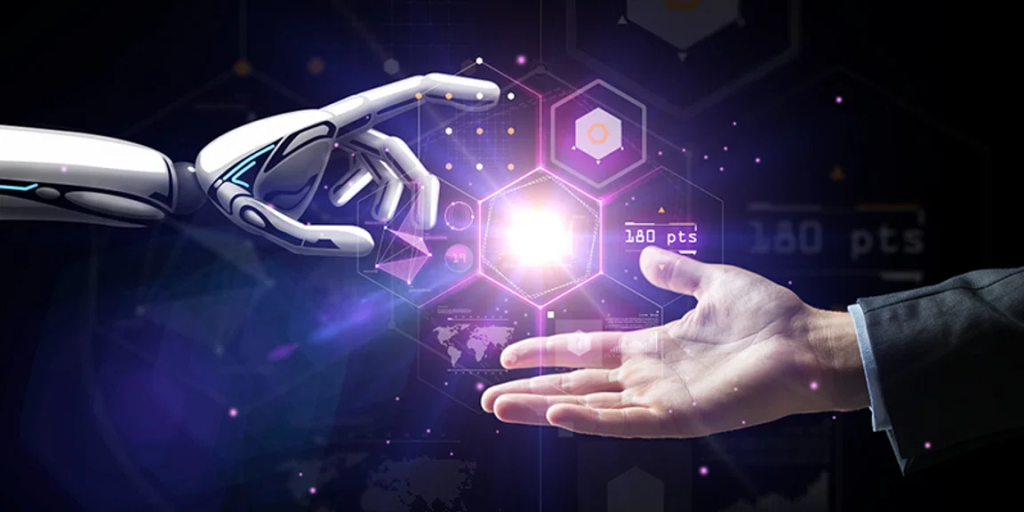
Ethical AI Design
Developing ethical AI systems requires a commitment to principles such as fairness, transparency, and accountability. This involves:
- Fairness: Ensuring that AI systems do not perpetuate or exacerbate existing biases and that their benefits are distributed equitably across society.
- Transparency: Making AI decision-making processes understandable and accessible to stakeholders, enabling them to scrutinize and challenge these decisions.
- Accountability: Establishing mechanisms to hold AI developers and users accountable for the impacts of AI systems, including legal and regulatory frameworks.
The Societal Impact of AI
Transforming the Workforce
AI’s impact on the workforce is profound, with both positive and negative implications. While AI can enhance productivity and create new job opportunities, it also threatens to displace workers in various sectors.

- Job Creation: AI-driven innovation can create new industries and job opportunities, particularly in fields such as data science, AI development, and technology management.
- Job Displacement: Automation can displace workers in roles that are routine and repetitive, necessitating workforce retraining and reskilling initiatives.
Addressing Inequality
AI has the potential to both mitigate and exacerbate social inequalities. Efforts to ensure equitable access to AI technologies and address biases in AI systems are crucial for promoting social justice.
- Equitable Access: Ensuring that all individuals, regardless of socioeconomic status, have access to AI technologies and the benefits they offer.
- Bias Mitigation: Developing and implementing strategies to identify and mitigate biases in AI systems, promoting fairness and inclusivity.
Policy and Governance
Regulatory Frameworks
Developing comprehensive regulatory frameworks for AI is essential to address the ethical, legal, and social implications of these technologies. Policymakers must balance the need for innovation with the protection of public interest.
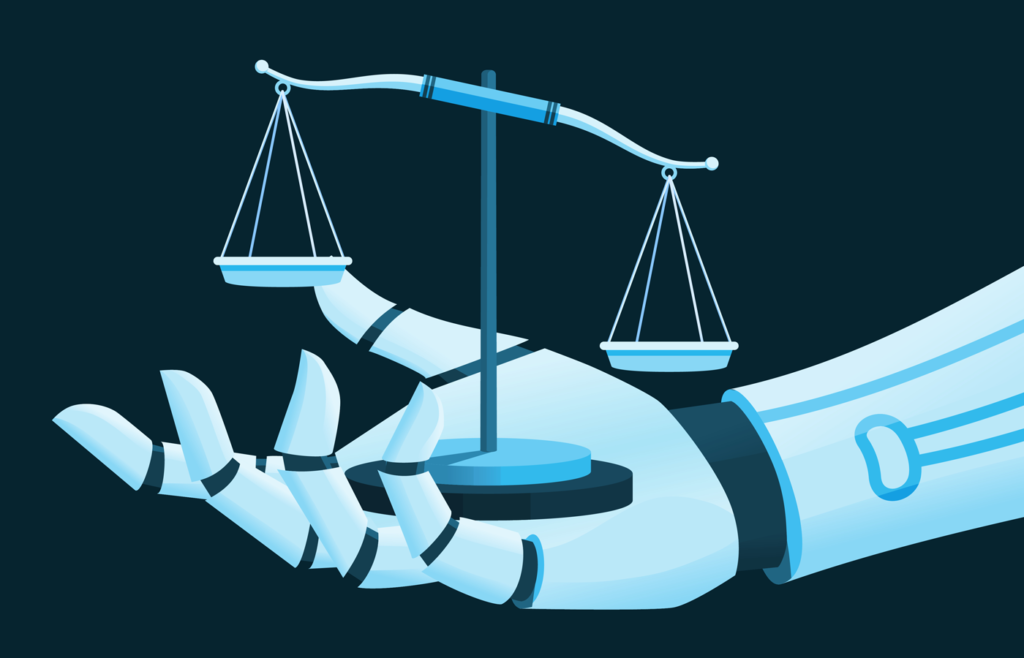
- Ethical Guidelines: Establishing ethical guidelines for Artificial Intelligence development and deployment, promoting responsible innovation and protecting individual rights.
- Legal Accountability: Creating legal frameworks to hold AI developers and users accountable for the impacts of AI systems, including mechanisms for redress and compensation.
International Cooperation
AI’s global nature necessitates international cooperation to address cross-border challenges and ensure that AI benefits all of humanity.
- Global Standards: Developing international standards and norms for Artificial Intelligence development and deployment, promoting interoperability and ethical practices.
- Collaborative Research: Fostering international collaboration in AI research and development, sharing knowledge and best practices to address common challenges.
Are You Making Good Use of Artificial Intelligence?
Artificial Intelligence is undeniably reshaping our world at an unprecedented pace. It promises unparalleled efficiency, innovation, and solutions to complex global challenges. Yet, this technological marvel is not without its shadows. Job displacement, privacy concerns, and the potential for autonomous weapons cast a long and ominous shadow over the AI-powered future.

We stand at a critical juncture. The benefits of AI are undeniable, but so are the risks. It is imperative that we tread carefully, balancing innovation with ethical considerations. Robust regulations, transparent development, and a global commitment to AI safety are paramount. By fostering a collaborative environment between technologists, policymakers, and ethicists, we can harness AI’s potential while mitigating its drawbacks.
Ultimately, the question of whether AI is a necessary evil remains open-ended. It is a complex issue demanding nuanced perspectives and thoughtful deliberation. The future of AI is not predetermined; it is a canvas upon which we, as a society, will paint. Our choices today will shape the world of tomorrow. Let us strive to create a future where AI serves humanity, rather than the other way around.
What are your thoughts on the ethical implications of AI?
You might also be interested in – How to Resolve Clogged Radiators in Cars: Symptoms, Causes, and Solutions


